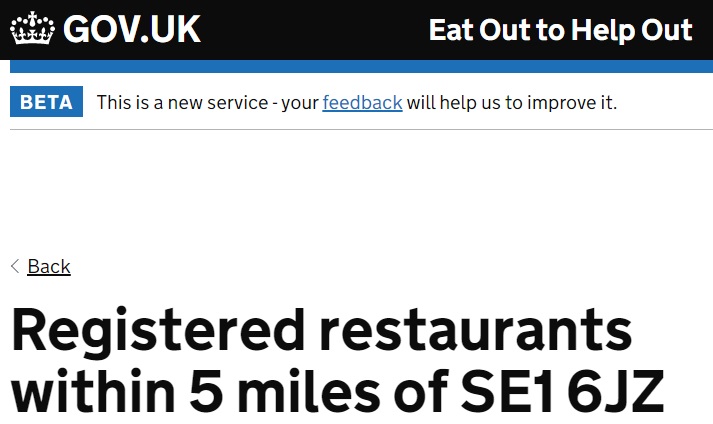People spending a lot of time indoors due to lockdown naturally meant that couples who were having issues previously experienced an amplification of the problems in their relationship. This led to a spike in separations and divorce, which is usually a tough time for the individuals involved and their family members.
What makes this situation even harder is where one of the ex-partners starts to act in hostile or disturbing ways. This type of behaviour is never justified and there are procedures in place to help stop it abruptly. It is vital that nobody feels they must suffer in silence, as these procedures are in place for a reason, and they should be used where appropriate.
What is a non-molestation order?
A non-molestation order is a specific injunction that aims to prevent a partner or former partner from harming you or your children. This means acts of physical violence or the threat of physical violence, any form of harassment or intimidation, as well as psychological abuse. It can also be stalking, or abusive messaging on platforms like Facebook and Instagram.
Who can it be applied to?
It is not something that is limited only to the two people who were previously a couple, in fact, it can apply to the following:
- A spouse or ex-spouse
- A civil partner or previous civil partner
- A fiancé(e) or ex-fiancé(e)
- Someone with whom you are living or used to live with
- The father or mother of your child, also people who have parental responsibility for your child or grandchild
- Someone with whom you have had an intimate personal relationship
- A family member
Applying for a non-molestation order
When making an application for a non-molestation order, the applicant can do so without giving any advance notice to the other party. This is to avoid any negative scenarios, including where a person would seek to prevent another from being able to make the application at all.
It is vital to remember that, should the court grant the order, it only becomes effective once the person whom it is made against is made aware of it (typically by personal service, but this is not always the case.)
A copy of the order should be given to local police as well, to make them aware of the problem.
To apply for a Non Molestation Order, the applicant must be able to show that they are ‘associated with the respondent’. This means that the applicant and the respondent must be or have been in a relationship, live together or have lived together or be related to one another.
The applicant will have to demonstrate to the Court that they require protection from the respondent. It is very important that when the issues begin occurring, the applicant calls the police initially. Firstly, this is for the safety of the victim, but it also means the respondent can be prosecuted under criminal law and the behaviour is recorded, which can make things go a lot smoother when applying for the non-molestation order.
How does a non-molestation order protect the applicant?
It is a criminal offence to ignore or break a non-molestation order, which gives it a lot more gravitas as serious sentences can be issued. However applicants have a choice whether the incident is brought back to the family court, or whether they would rather go through the criminal courts. Family court does have power to impose short custodial sentences, and has the added benefit of being a closed court.
Once an order is in place they can ring the police if there is any breach and the perpetrator will be arrested for breaking their order. This should be enough for most people to cease behaving in a threatening way.
Non-molestation orders also forbid abusers from instructing anyone else to harass or intimidate or use violence against the applicant. The order is broken if the abuser damages any of the applicant’s possessions as well. This makes it worth getting an order even if the respondent does not know exactly where the applicant is, as they may damage their things or property.
How long does it last?
It can run for a fixed period or it can last indefinitely; most of the time it is continues to run until it is cancelled by another court order.
What do we think about it?
We believe that when non-molestation orders are used effectively and for the right reasons, they are very important and necessary. It should not take days, weeks or months for people to go for molestation orders, but rather right when the problematic behaviour begins. Your safety is a top priority!
Not sure if you have a strong enough case? We can help you!
We understand that applying for such an order can be very stressful and unpleasant, especially when you feel you are in danger. Our experienced, friendly solicitors can help guide you through it and can tell you how strong your case is, and offer some tips on how it can be made stronger.
Have questions? We are here to help!
In the meantime, we are operating as usual, and you can reach us on 020 7928 0276 or email in to info@lisaslaw.co.uk for any questions you may have on this topic.
Or, why not download our free app today? You can launch a new enquiry, scan over documents and much more.
If you have an iPhone, follow this link to download.
If you use an Android phone, follow this link to download.
Find the link here if you need some further instructions on how to use our new app!

















